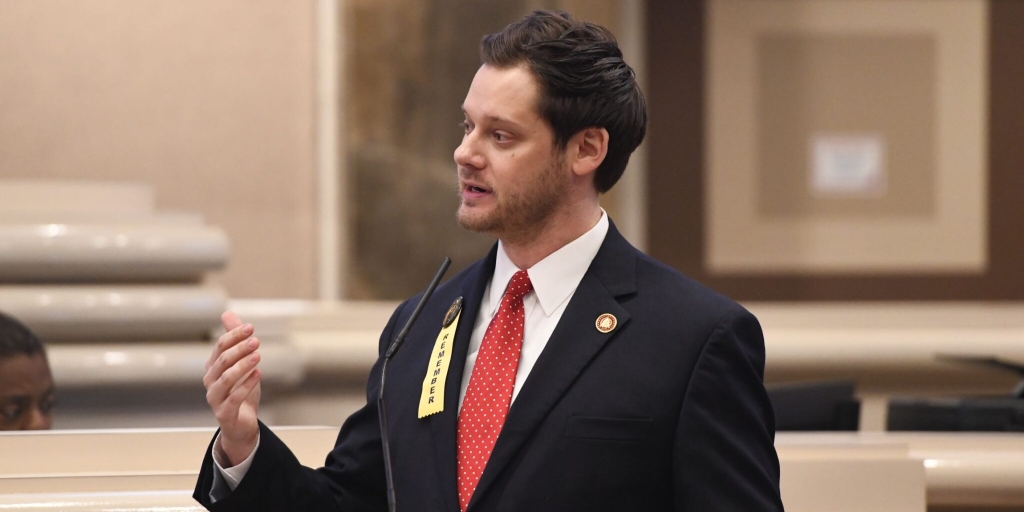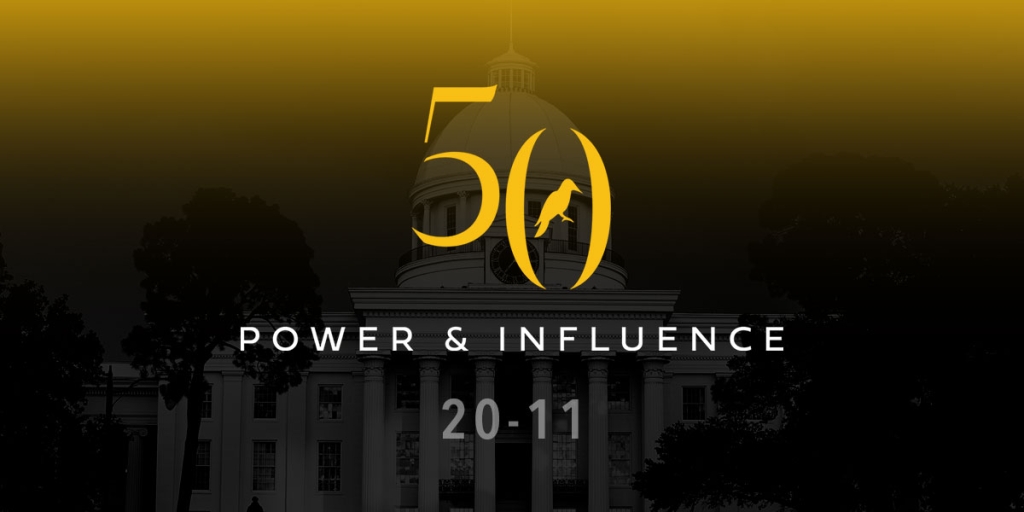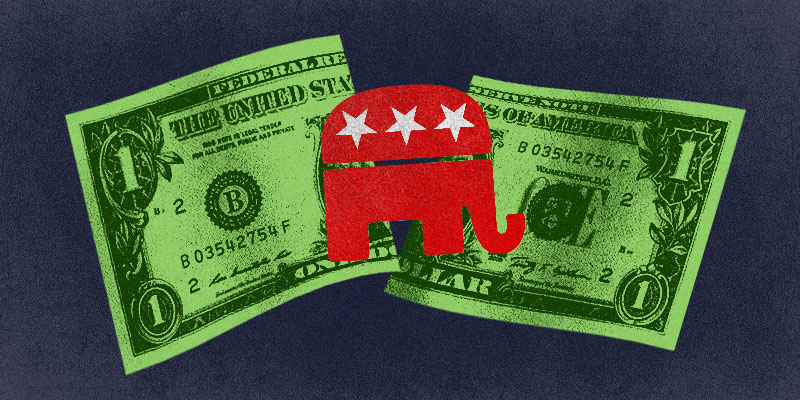State lawmakers, industry leaders, and technology experts convened in Selma this month to discuss the transformative potential of blockchain and cryptocurrency during one of the panels hosted by the Alabama House Democratic Caucus – focusing on how decentralized technologies could reduce costs, boost small businesses, and expand financial access in Alabama.
House Minority Leader and State Rep. Anthony Daniels (D-Huntsville), convened the panel with a forward-thinking approach to identify the importance of blockchain’s adoption in state operations and business. State Rep. Prince Chestnut (D-Selma) moderated the “Understanding Blockchain” panel. One of the panelists, Mobile attorney Scott Tindle, believes these technologies hold the promise to revolutionize small businesses and government services through improved efficiency and cost savings.
“Blockchain technology makes financial transactions cheaper and creates a verifiable, permanent record,” said Darin Carter of Coinbase, a U.S.-based cryptocurrency platform. “For small businesses, moving retail onchain can significantly cut costs, allowing owners to reinvest in their growth.”
Panelists also highlighted the bipartisan nature of the emerging blockchain and cryptocurrency markets. Research from Morning Consult found that 18% of Alabamians own cryptocurrency, with equal representation among Democrats and Republicans. A majority of those owners earn less than $75,000 annually, underscoring the technology’s accessibility.
“States are the laboratories of democracy, and Alabama can lead by adopting frameworks for blockchain applications,” Carter said, pointing to other states testing blockchain for uses like car titles, public records, and even voting systems.
RELATED: Lawmakers convene first Alabama Blockchain Study Commission meeting
The event also addressed concerns about the regulatory environment for cryptocurrency, with panelists stressing the need for clear and balanced legislation. “Without regulatory clarity, the U.S. risks falling behind international markets,” Carter warned. He called for bipartisan collaboration to ensure consumer protection while fostering innovation.
For underserved and unbanked communities, blockchain and cryptocurrency could offer new opportunities for financial inclusion. Nationwide, about 24.6 million households are unbanked or underbanked, relying on alternative financial systems. Panelists cited blockchain’s potential to provide equitable access to wealth-building tools for these populations.
The caucus panel also spoke to Alabama’s growing role in the blockchain sector, in particular, the creation of the Alabama Blockchain Study Commission earlier this year.
Grayson Everett is the state and political editor for Yellowhammer News. You can follow him on X @Grayson270












